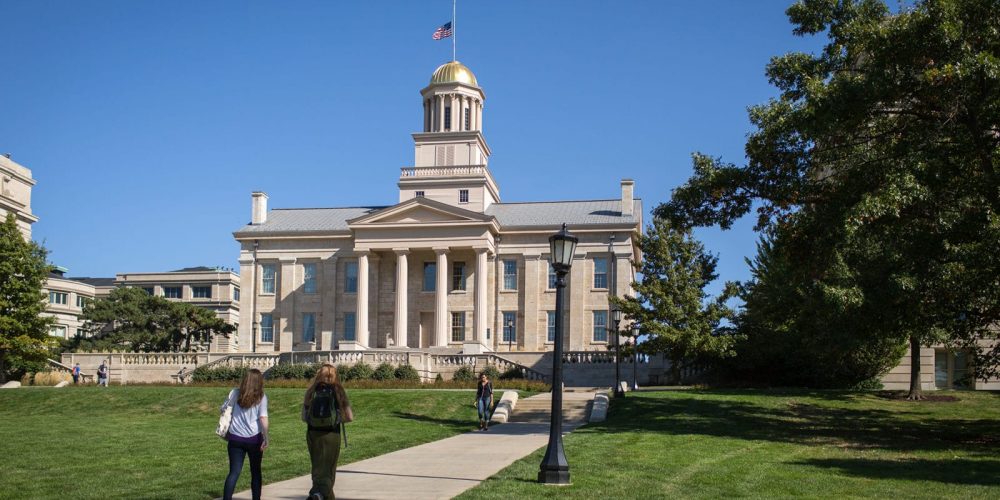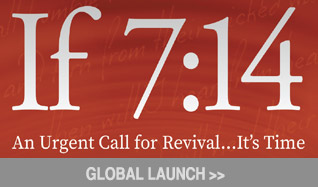A Christian student group at the University of Iowa won a victory for religious liberty in federal court on Wednesday, Feb. 6.
In the fall of 2017, The University kicked off campus a student group – Business Leaders in Christ, or BLinC – because of a dispute over the religious group’s beliefs. An openly homosexual student had complained that he had been denied the vice presidency of BLinC because he refused to sign the group’s Statement of Faith, which affirms the Bible’s authority on human sexuality.
University officials, in turn, sided with the complaint, finding BLinC’s Christian beliefs about sexuality “discriminatory and impermissible” under the University’s Human Rights Policy. In fact, the University demanded BLinC change its Statement of Faith and submit an “acceptable plan” for choosing its leaders before it could return to campus.
On Wednesday, U.S. District Court Judge Stephanie M. Rose issued a ruling that sided with the students. Rose concluded the University had applied its Human Rights Policy “selectively” – meaning it had granted exceptions to some secular groups, but clamped down on religious groups.
“The federal judge found that the university targeted the Christian students for their beliefs,” explains TFL’s Vice President and Chief Legal Counsel Chuck Hurley, “egregiously discriminating against them, and thereby blatantly violating the students’ First Amendment rights.”
“We are grateful the court protected our rights today – to let us have the same right as all student groups to express our viewpoints freely on campus, and to be who we are,” said BLinC’s Jake Estell. “This victory reinforces the commonsense idea that universities can’t target religious student groups for being religious.”
It’s important to note that Judge Rose’s decision did not take issue with the University’s Human Rights Policy itself, only the way it was unevenly applied to specifically religious groups. After BLinC, the University also deregistered 10 other religious groups, including Chinese Student Christian Fellowship, the Imam Mahdi Muslim organization, the Latter-day Saint Student Association, and the Sikh Awareness Club. But other clubs without religious affiliation were permitted to restrict their membership and/or leadership through exceptions to the Human Rights Policy.
“The university wanted a license to discriminate, and Judge Rose said no way,” said Eric Baxter, vice president and senior counsel at Becket, which represents BLinC. “This ruling is a win for basic fairness, but it is also an eloquent plea for civility in how governments treat Americans in all their diversity. As a governmental body bound by the First Amendment, the university should have never tried to get into the game of playing favorites in the first place, and it is high time for it to stop now.”
A parallel lawsuit by another Christian group kicked off the University of Iowa campus, InterVarsity Christian Fellowship v. University of Iowa, is still pending before Judge Rose and will likely be decided later this year.



